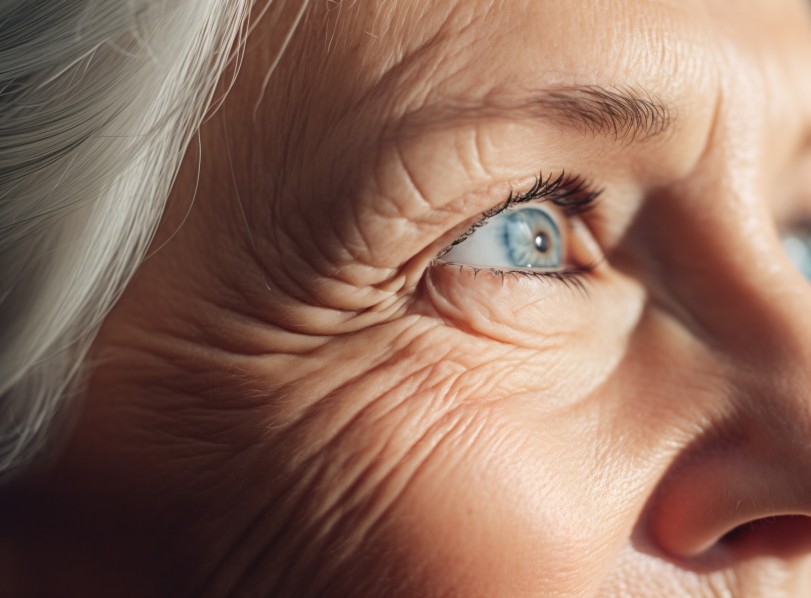
A new study by cosmetics giant L'Oréal in collaboration with researchers at University of California San Diego (UC San Diego) found a connection between skin microbiome and signs of aging.
Skin aging is commonly linked to factors such as age and external elements like UV exposure. However, a study released published Thursday in Frontiers in Aging, titled "A multi-study analysis enables identification of potential microbial features associated with skin aging signs," suggested that the skin microbiome, which comprises a variety of microorganisms residing on the skin, can also be a contributing factor.
This study marked the first time that researchers have identified microbes linked directly to indicators of skin aging and overall skin well-being, rather than simply considering chronological age.
Specifically, the study discovered that having a more diverse skin microbiome is linked to the development of crow's feet wrinkles, commonly considered a significant indicator of skin aging.
"Previous studies have shown that the types of microbes on our skin change fairly predictably with age," corresponding author Se Jin Song, director of research at UC San Diego's Center for Microbiome Innovation, said. "Our skin also changes physiologically with age; for example, we gain wrinkles and our skin gets drier. But there is variation in what this looks like in people -- you've probably noticed that there are some people who have younger or older looking skin than many others their age."
Song said researchers employed advanced statistical methods to distinguish between the microbes connected to specific signs of aging in the skin, such as crow's feet wrinkles, and those linked to age merely as a chronological number.
Another trend that they found was a negative correlation between the diversity of the microbiome and transepidermal water loss, representing a situation where increased microbiome diversity was associated with a decrease in the amount of moisture evaporating through the skin.
The research extensively reviewed data from 13 earlier studies conducted by L'Oréal. These studies involved 16S rRNA amplicon sequence data and related clinical skin information from over 650 women, aged 18 to 70.
The project received funding through a sponsored research agreement between L'Oréal Research and Innovation and the Center for Microbiome Innovation at UC San Diego.
Study co-author Qian Zheng, head of advanced research for North America at L'Oréal, emphasized the company's commitment to creating personalized beauty products. She mentioned that the recent collaboration with the Center for Microbiome Innovation revealed insights into the skin microbiome's role in aging, particularly its effects on "wrinkles and overall skin quality."
"This research is groundbreaking in identifying new microbial biomarkers linked to visible signs of aging like crow's feet wrinkles," she said. "It marks a significant step towards developing technologies for healthier, more youthful skin."

